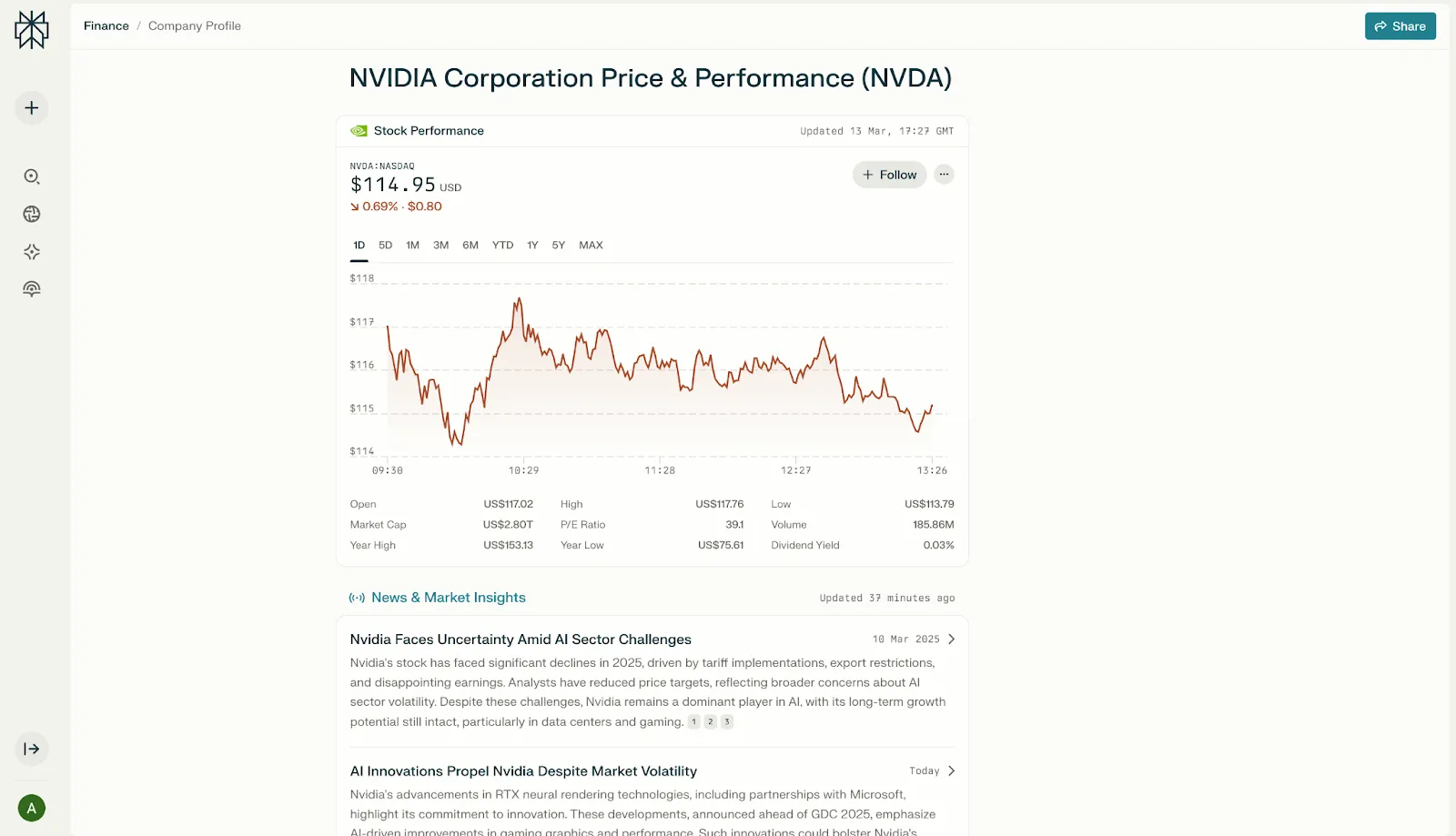The Securities and Exchange Commission’s (SEC) Division of Corporation Finance (DCF) reviews public company filings such as a registration statement, 10-K annual reports, prospectuses, and the like. During the filing review process, if DCF needs more information about what is contained in a company’s SEC filings, it will send a letter asking for clarification or requiring changes. These letters are commonly known as “SEC comment letters” and we've written an article about everything you need to know about them.
A company that receives an SEC comment letter can write a response letter with its own questions about the questions contained in the SEC letter. Eventually, however, the company must respond to all the questions in the SEC comment letter, and may need to respond multiple times in order to satisfy SEC staff.
As part of the comment letter process, the full correspondence is eventually made public on EDGAR, but no sooner than 20 business days after the inquiry is completed. If you ever wish to review a company’s past SEC correspondence, there are a few different ways to do that.
Free resources for researching SEC correspondence
- EDGAR - SEC correspondence can be found via a company’s EDGAR page on the SEC website. Look for “UPLOAD” and “CORRESP” SEC filing types.
Paid resources for researching SEC correspondence
- Hudson Labs - Hudson Labs provides a unique service whereby SEC comment letter information is extracted from the PDF and presented in an easily readable format, allowing users to identify interesting commentary without downloading PDFs. Unlike EDGAR, Hudson sorts SEC letters by the date the correspondence was made public, and not the original filing date. Every week, Hudson Labs highlights SEC Commentary to our users that often leads to price-moving changes in related party disclosure, KPI reporting, corrective statements, and more. Users can also receive daily alerts on SEC Comment Letters alongside other risk feeds.

- SEC filings, including correspondence can also be accessed through a Bloomberg Terminal and other full service research tools.
SEC comment letters are not real-time information, they can provide insight and context into the accounting and disclosure areas that are of interest to the SEC. Being able to review them easily can be one more tool for your investment research needs.








